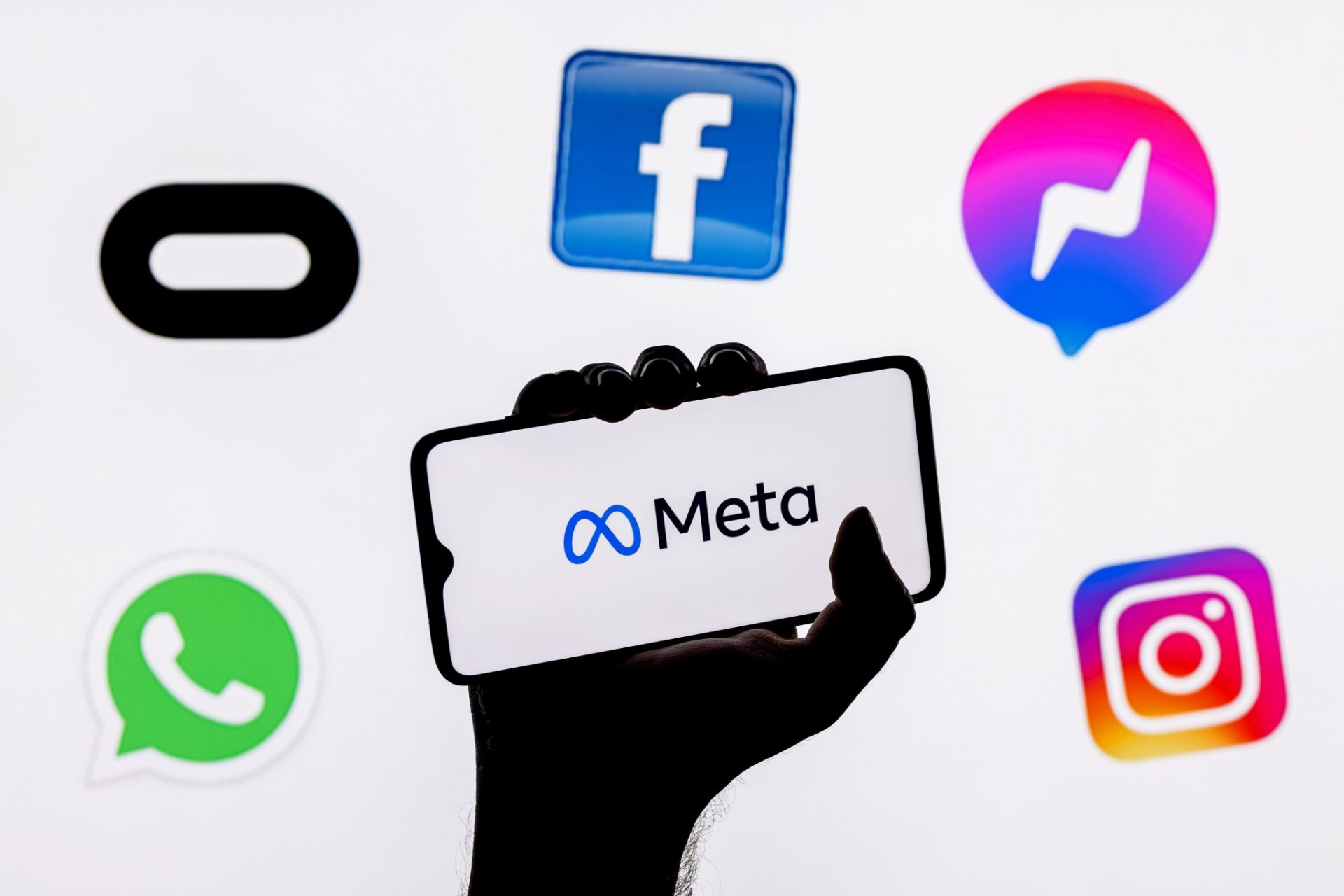A Texas federal jury on Wednesday found Meta Platforms owes almost $175 million to developers of a “walkie-talkie” smartphone app, deciding that both Facebook Live and Instagram Live infringed one or more claims in patents issued to the company’s founder, a former U.S. Army communications sergeant.

U.S. District Judge Lee Yeakel presided over the trial where jurors signed off on the entirety of the infringement case that Voxer Inc., which had developed a smartphone app called the Voxer Walkie Talkie back in 2011, presented.
Jurors agreed that the programming behind both Facebook Live and Instagram Live did the same things described by a total of six claims, spread out through two patents issued to Tom Katis, among other founders of the company, in 2019, but dated back to paperwork filed at the U.S. Patent and Trademark Office in 2007.
The patents covered what the lawsuit described as a new method of transmitting “voice and video communications with the immediacy of live communication and the reliability and convenience of messaging.”
The jurors agreed that Meta should pay out a total of $174,530,785, as a running royalty for continuing to infringe the patents, according to the verdict sheet.
According to the 42-page suit, the patents reflected ideas developed by Katis when he was deployed as a communications sergeant in the U.S. war in Afghanistan.
“When his combat unit was ambushed in Kunar Province in 2003, Mr. Katis coordinated medevac, tactical reinforcements and close air support under enemy fire,” the suit reads, noting that Katis thought of the idea behind Voxer’s app after noticing “shortcomings of existing communications systems.”
“Mr. Katis and his team began developing communications solutions in 2006 to remedy these shortcomings,” the suit states, leading to the app’s launch in the early 2010s and negotiations with Facebook leadership “about a potential collaboration.”
The collaboration never came to fruition, however, and the suit claims that Katis and his colleagues ended up disclosing “proprietary technology” that they would later allege was incorporated into infrastructure for Facebook Live and Instagram Live, video livestreaming apps launched in 2015 and 2016, respectively.
A Meta spokesperson announced Thursday that the company believes the evidence presented showed it did not infringe. Meta intends to contest the verdict in the trial court and through an appeal, the spokesperson added.
Read more articles from Haute Lawyer, visit https://hauteliving.com/hautelawyer


















